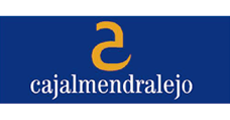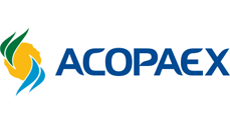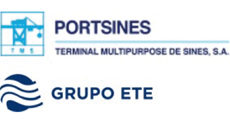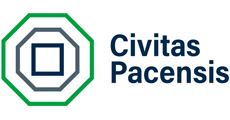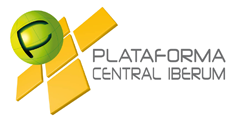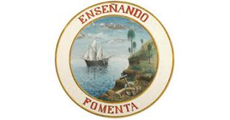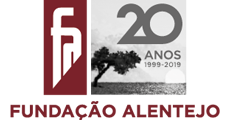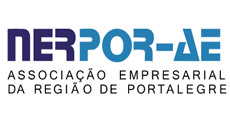


The Southwest Iberian Corridor is a concept that does not exist either in practice due to the lack of the necessary communication infrastructures or in the minds of decision-makers and public opinion in Portugal and Spain, as they are considered peripheral, border, discontinuous and term territories, despite the current awareness of Portugal and Spain’s interior and depopulated areas.
Despite many years of commitments from both countries and the EU on the implementation of high-speed freight and passenger infrastructures connecting the cities and ports of Lisbon/Setúbal/Sines with Madrid and the Mediterranean Corridor within the Atlantic Corridor of the TEN-T, it is still a project that has not been fully defined, with some sections in partial implementation and many uncertainties, which has generated great mistrust about the full implementation of the commitments repeatedly made and their excessive temporary postponements.
The Portuguese-Spanish platform Sudoeste Ibérico en Red, created in 2017, aims to promote and make the Southwest Iberian Corridor a reality as a new axis of European development, and to do so requires making infrastructures a reality and generating confidence in the future. It is just as important to make permanent progress in infrastructures to improve mobility and interconnections as it is to be aware of these improvements, of future expectations and of new ambitious steps to be taken. Each step allows us to build the Southwest Iberian Corridor.
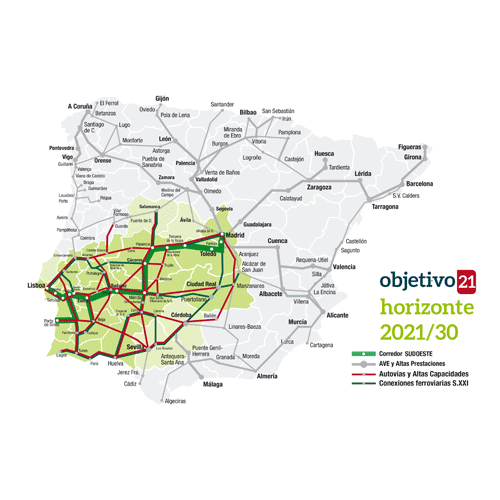

Direct Objectives:
Identify the Southwest Iberian Corridor as the axis linking Lisbon with Madrid, Portugal with Spain, the Iberian and European Southwest with Central Europe, the Atlantic Corridor with the Mediterranean and as a basic axis of the Trans-European Transport Network (TEN-T).
Identify and visualise the potential for development and economic and social growth of the territories included in the Southwest Iberian Corridor.
Define key dates that set out a Road Map for communications infrastructures that will enable a transformation in the decade 2021-2030, with specific commitments for the next 4 years. In particular, to promote 2021 as the starting year for the improvement of rail connections.
Indirect Objectives:
Extend awareness of the importance of the Southwest Iberian Corridor to society in general and especially to companies, managers, professionals and public officials on both sides of the border in order to join wills and efforts to make it a reality.
To commit the entire political spectrum to include in their programmes, priorities and roadmaps the actions that will make the necessary infrastructures a reality in the coming years and to join forces and wills to achieve them.
when and where?



PROGRAMA V FORO CORREDOR SUDOESTE IBÉRICO. BADAJOZ 2021
17:00 a 17:30 horas
RECEPCIÓN DE ASISTENTES
17:30 A 17:40 horas
BIENVENIDA
Pilar Acosta. Sudoeste Ibérico en Red
José Luis López. Ibercaja
Ignacio Gragera Barrena. Alcalde de Badajoz
17:45 A 18:10 horas
Apoyo Ibérico de las Cámaras de Comercio al Corredor Sudoeste Ibérico
Mariano García Sardiña. Cámara Comercio de Badajoz
Gabriel Álvarez Arroyo. Cámara Comercio de Cáceres
Javier de Antonio Arribas. Cámara Comercio Toledo y FEDETO
Jorge Pais. Asociación Industrial Portuguesa-Cámara de Comercio e Industria (AIP-Cci)
Diego Artigot Noguer. Consejo Aragonés de Cámaras
18:10 A 18:15 horas
Alianza Europea para el Desarrollo de Corredores de la Península Ibérica y su Conexión Europea
Salvador Galve. Presidente de la Comisión del Ferrocarril del Consejo General
de Colegios Oficiales de Ingenieros Industriales. (CGCOII)
18:20 A 18:40 horas
El Impulso y compromiso político territorial
Eva Maria Sánchez-Montero. Directora General de Transportes. Junta Extremadura
Rubén Sobrino García. Director General de Transportes y Movilidad de Junta de Castilla – La Mancha
Luis Testa. Diputado de la Asamblea de la Republica Portuguesa
(*). Comunidade Intermunicipal do Alto Alentejo (CIMAA)
18:45 A 19:05 horas
Situación de las nuevas Infraestructuras Ferroviarias
Raul Correas. ADIF
Infraestruturas de Portugal
19:05 A 19:20 horas
Proyectos empresariales
Arsenio Salvador. Puerto de Sines: Proyecto Repsol
Diogo Lacerda Machado. Proyecto Data Center- Sines 4.0
Miguel Angel González. Plataforma Log. Central Iberum. Illescas
Víctor Bañares. Liberalización: ILSA Interoperatividad
19:20 A 19:25 horas
CONCLUSIONES Y PROPUESTAS
Antonio García Salas. Sudoeste Ibérico en Red
19:25 A 19:35 horas
CIERRE DEL ACTO
Mercedes Vaquera Mosquero. Presidenta Red Transnacional Atlántica (RTA)
João María Grillo. Presidente ADRAL. Asociación para el Desarrollo Regional del Alentejo
Maestros de ceremonia: María Ortiz y Roberto Dorés
PROMOTES














